This article was co-authored by Laura Marusinec, MD and by wikiHow staff writer, Hunter Rising. Dr. Marusinec is a board certified Pediatrician at the Children's Hospital of Wisconsin, where she is on the Clinical Practice Council. She received her M.D. from the Medical College of Wisconsin School of Medicine in 1995 and completed her residency at the Medical College of Wisconsin in Pediatrics in 1998. She is a member of the American Medical Writers Association and the Society for Pediatric Urgent Care.
There are 23 references cited in this article, which can be found at the bottom of the page.
wikiHow marks an article as reader-approved once it receives enough positive feedback. This article received 16 testimonials and 100% of readers who voted found it helpful, earning it our reader-approved status.
This article has been viewed 874,564 times.
If you’ve suddenly been hit with a fever, cough, sore throat, or congestion, you’re probably dealing with the flu. Even though the flu usually goes away after a couple of weeks, there are tons of things you can do to support your body and feel more comfortable while you recover. Keep reading to learn about the best home remedies and medicines you can use to treat your flu symptoms and start feeling better.
Things You Should Know
- Get rest and stay hydrated so your immune system has the energy to beat the flu virus.
- You can manage flu symptoms with home remedies, like eating soup, gargling salt water, using hot and cold compresses, and humidifying the air.
- Over-the-counter pain relievers and cold medicine can make you feel more comfortable while you get better, but won’t speed up your recovery.
- Get an antiviral prescription from your doctor if you feel severely ill or if your flu gets worse.
Steps
Warnings
References
- ↑ https://www.cdc.gov/flu/treatment/takingcare.htm
- ↑ https://www.piedmont.org/living-better/9-natural-cold-and-flu-remedies
- ↑ https://health.osu.edu/wellness/exercise-and-nutrition/foods-to-avoid-with-flu
- ↑ https://health.clevelandclinic.org/what-to-eat-when-youre-sick/
- ↑ https://medlineplus.gov/ency/article/007445.htm
- ↑ https://health.osu.edu/wellness/exercise-and-nutrition/foods-to-avoid-with-flu
- ↑ https://www.pennmedicine.org/updates/blogs/health-and-wellness/2018/february/sore-throat
- ↑ https://medlineplus.gov/ency/article/003049.htm
- ↑ https://www.ncbi.nlm.nih.gov/pmc/articles/PMC6848701/
- ↑ https://www.parents.com/health/cold-flu/cold/how-to-give-nasal-drops/
- ↑ https://medlineplus.gov/ency/article/003049.htm
- ↑ https://www.pennmedicine.org/updates/blogs/health-and-wellness/2018/february/sore-throat
- ↑ https://healthychildren.org/English/health-issues/conditions/flu/Pages/caring-for-Your-childs-cold-or-flu.aspx
- ↑ https://www.pennmedicine.org/updates/blogs/health-and-wellness/2018/february/sore-throat
- ↑ https://www.cdc.gov/flu/pdf/freeresources/general/influenza_flu_homecare_guide.pdf
- ↑ https://newsinhealth.nih.gov/2014/10/cold-flu-or-allergy
- ↑ https://www.getreliefresponsibly.com/sites/getreliefresponsibly_us/files/adult_dosing_chart.pdf
- ↑ https://www.drugs.com/medical-answers/safe-ibuprofen-with-acetaminophen-2991821/
- ↑ https://www.drugs.com/medical-answers/safe-ibuprofen-with-acetaminophen-2991821/
- ↑ https://my.clevelandclinic.org/health/diseases/13756--colds-and-flu-symptoms-treatment-prevention-when-to-call
- ↑ https://www.ncbi.nlm.nih.gov/pmc/articles/PMC5871211/
- ↑ https://www.ncbi.nlm.nih.gov/pmc/articles/PMC4848651/
- ↑ https://my.clevelandclinic.org/health/diseases/4335-influenza-flu
- ↑ https://www.nhs.uk/conditions/flu/
- ↑ https://www.ncbi.nlm.nih.gov/pmc/articles/PMC2504709/
- ↑ https://www.health.harvard.edu/diseases-and-conditions/10-flu-myths
- ↑ https://health.clevelandclinic.org/can-immune-boosters-with-vitamin-c-or-zinc-help-my-cold/
- ↑ https://www.cdc.gov/flu/treatment/takingcare.htm
- ↑ https://www.cdc.gov/flu/symptoms/flu-vs-covid19.htm
About This Article
To get rid of the flu, stay home from work or school and focus on resting. Drink a few cups of hot tea or warm water with lemon to soothe your throat and prevent dehydration. Clear your nose with a steamy bath or shower, and relieve your fever by placing a cool, damp cloth on your forehead. Take ibuprofen or aspirin to ease aches and pains and use antihistamines to deal with congestion. To help a child with the flu, stick with Tylenol and ibuprofen for kids. To learn more from our Doctor of Medicine co-author, such as how to prevent the flu or when to seek medical attention, keep reading!


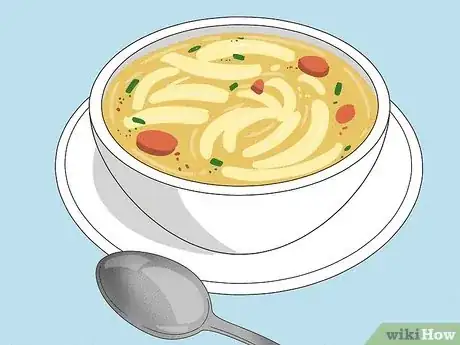

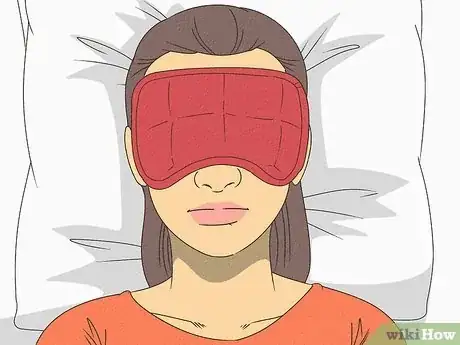
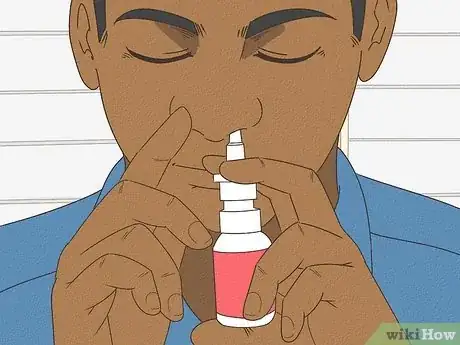


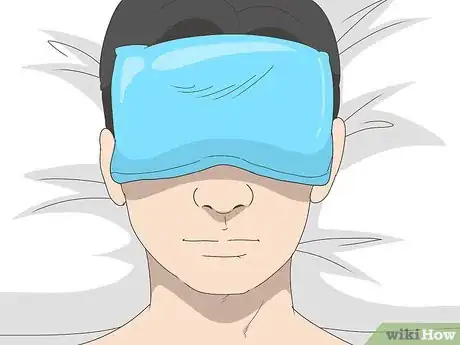

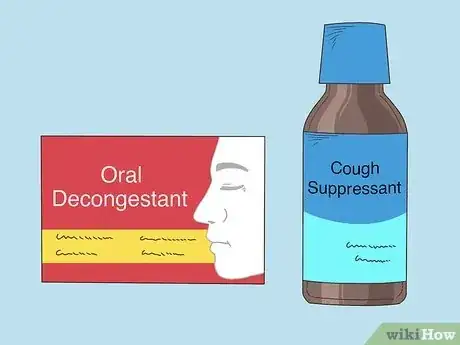
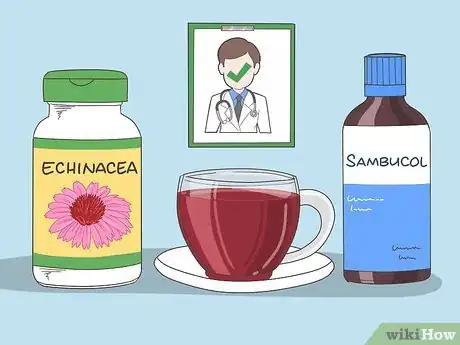
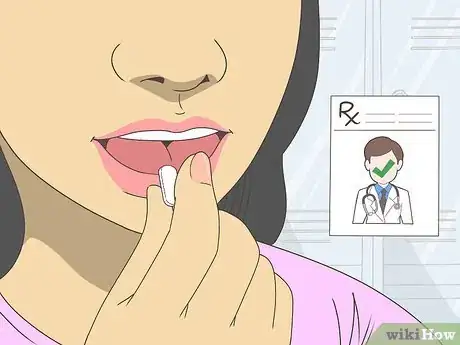

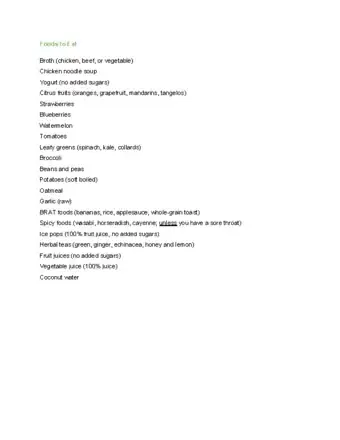
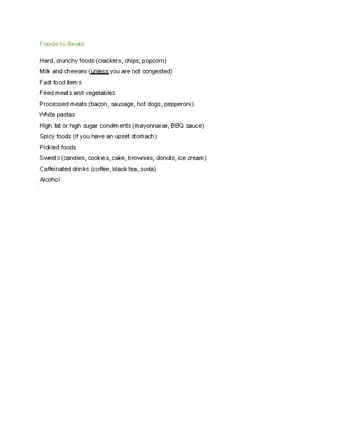




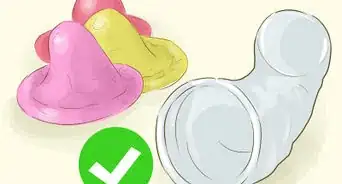













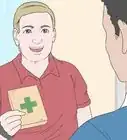





































Medical Disclaimer
The content of this article is not intended to be a substitute for professional medical advice, examination, diagnosis, or treatment. You should always contact your doctor or other qualified healthcare professional before starting, changing, or stopping any kind of health treatment.
Read More...